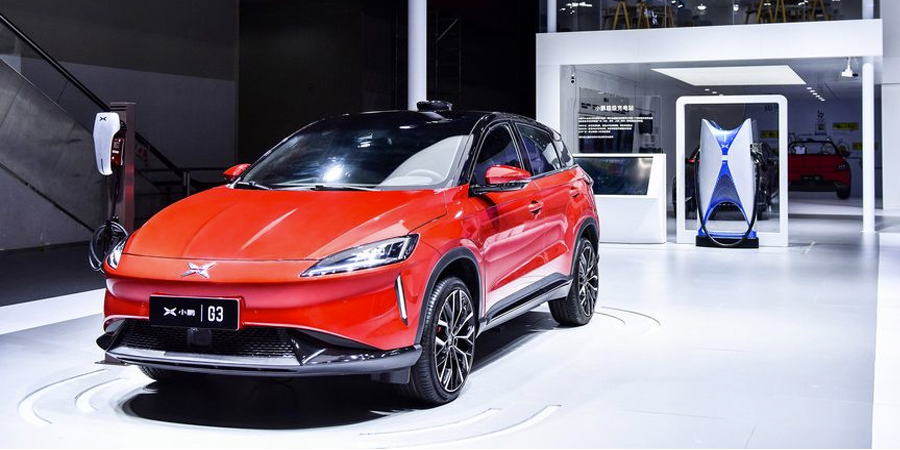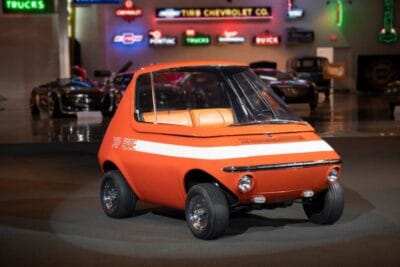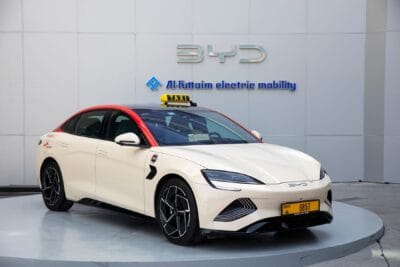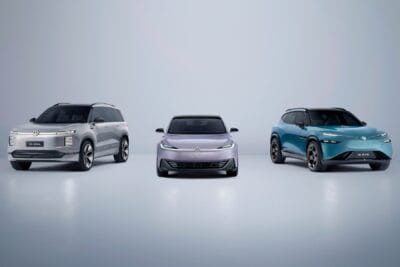China tightens regulations for EV startups
The Chinese government is planning new rules to raise the market entry barrier for manufacturers of electric vehicles. The aim is to reduce the number of electric car startups and promote fewer, but more competitive players.
China is regarded as the leading global market for electric mobility. Many entrepreneurs, who previously had nothing to do with car manufacturing, also want to profit from the boom. As a result, some kind of investment bubble has developed. This was recently very visible at the Auto Shanghai motor show in April – Of the almost 500 electric car manufacturers registered in China, only 20 actually sell electric cars. Furthermore, only three of them had cars on their stands that are currently available: Nio, WM Motors and Xpeng.
The Chinese government now apparently wants to put a stop to this: Hardly any of the electric car startups have their own production stations, but rather outsources to third-party companies. As Bloomberg now reports with reference to insiders, this is exactly the practice that is now to be regulated. According to the plans, manufacturers of electric cars may only outsource their production to other manufacturers if they have invested at least 4 billion yuan (580 million dollars) in research and development in China in the last three years and have sold at least 15,000 purely electric cars worldwide in the past two years.
The new regulations also provide for a minimum term of three years for manufacturing orders with an annual production of at least 50,000 vehicles at one location. In addition, electric car startups will not be allowed to conclude production agreements with more than two car manufacturers. The new regulations are still being drawn up by the Ministry of Industry and Information Technology and are therefore not final. And if the example of the electric car quota a few years ago is anything to go by, serious last-minute changes are still possible.
The Chinese government sees an investment and subsidy bubble and wants to prevent a crash similar to that of dotcom companies. Bloomberg estimates that Chinese electric car manufacturers have invested 18 billion dollars since 2011.
Among the Chinese manufacturers who are not yet selling a production car are names known in Europe such as Saab’s successor NEVS or Byton. But Nio and Xpeng do not yet have their own production facilities either. Nio has put plans for their own factory on hold for the time being and has their vehicles built by JAC. Xpeng, which is financed by Internet giants Alibaba and Foxconn from Taiwan, has outsourced production to the Haima Automobile Group. There is also another difference between Nio and Xpeng: With over 16,000 vehicles delivered, Nio has already crossed the mark, while Xpeng still has some catching up to do with 4,700 electric cars sold.





0 Comments